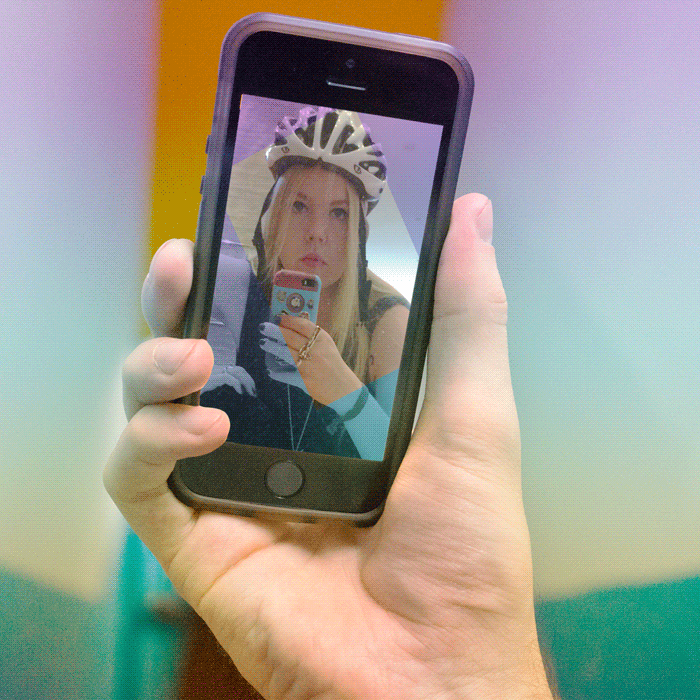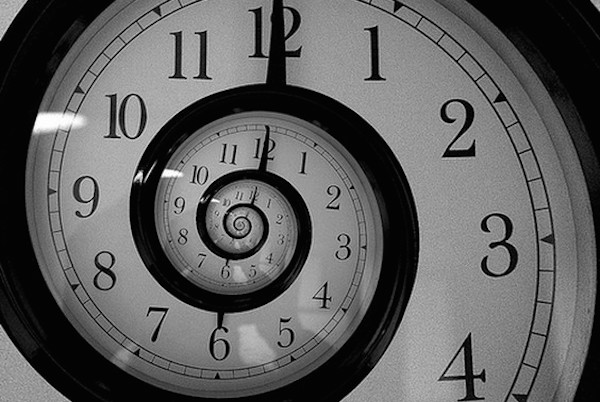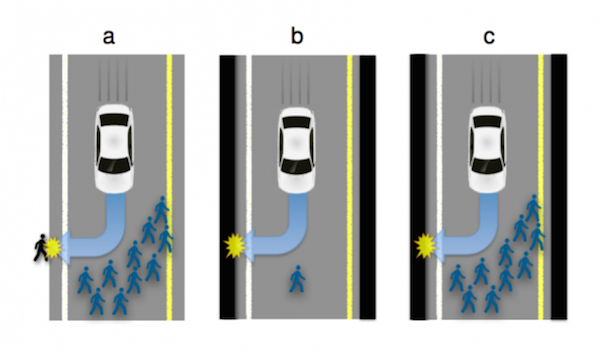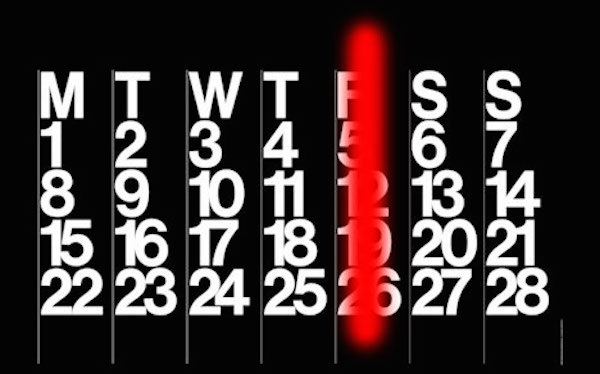Are we wrong to look down on constant selfie-takers?

Not addressed: all those downward-facing photos with feet poking into frame.
Rarely do I feel my mind changing dramatically in real time. This was one of those moments.
I, like many, looked at obsessive selfie-takers with contempt. “So self-absorbed. How can a person enjoy the world around them if they’re only ever looking at themselves? If someone’s highest priority is posting images to show off the curated version of their life they want to represent online, aren’t they simultaneously cutting themselves off from truly engaging with that very life in the world as it happens?”
This (quite) long and well-reasoned argument from Medium entitled simply “Selfie” may take a while to read, but is full of passionate (and convincing) reasons that I was simply wrong. That selfie-taking is more about learning to love oneself, and take control of the way we are seen by the world. It’s powerful stuff.
Here’s the secret: Nothing destabilizes power more than an individual that knows his or her own worth, and the campaign against selfies is ultimately a crusade against widespread self-esteem. What selfie-haters fear, deep down, is a growing army of faces they cannot monitor, an army who does not need their approval to march ahead. They fear the young, the technologically savvy, the connected… so these selfie-haters want to silence and erase the faces they don’t understand. It is that simple. Anyone who hates selfies outright is likely in the position of privilege to never have felt invisible. They fail to perceive the value that a new way of seeing can bring to so many lives.
This article gets one of my very highest recommendations for provoking conversation on a topic that I’m guessing has very entrenched stances on either side.
Forcing yourself to consider selfies as a socially empowering and positive tool, how does that change how you see other people taking selfies?
How might it change your own behavior around taking and posting your own?



